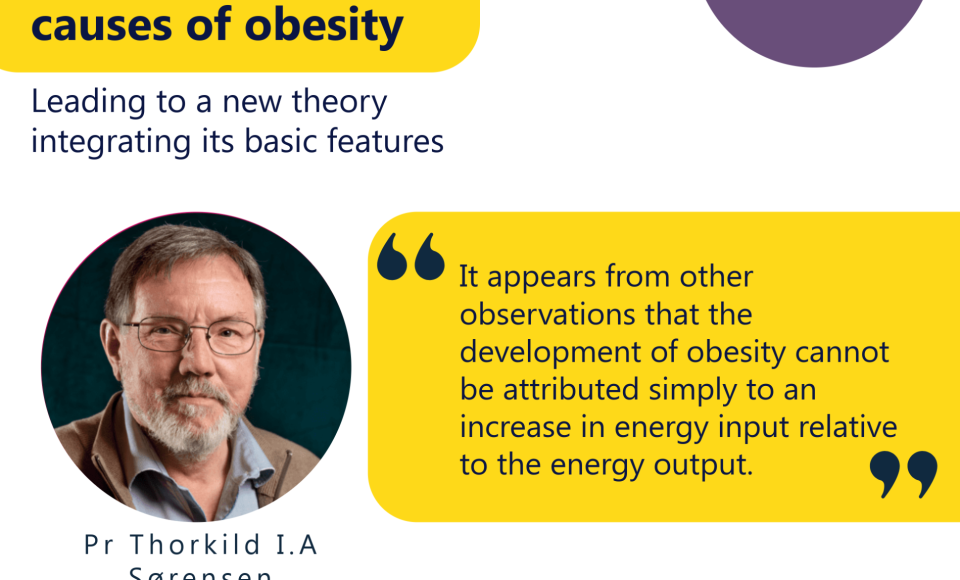Professor Thorkild I.A. Sørensen, Dr. Med Sci, Professor Emeritus in Metabolic Epidemiology at the University of Copenhagen and Strategic Advisor in the Center for Childhood Health, presents reflections on the causes of obesity, culminating in a new theory that integrates its fundamental aspects.
Beyond the foundational principles of the applicability of the first thermodynamic law of energy conservation (where energy balance equates to energy input minus energy output) and the biochemical origins of fat accumulation in obesity, there remains a paucity of knowledge concerning the etiology of obesity in certain individuals and not in others. Furthermore, uncertainty persists regarding the shifts in populations that have precipitated the escalating prevalence of obesity, now reaching pandemic proportions. While controlled experimental manipulations of energy input and output can induce changes in body fat accumulation, they have proven inadequate in consistently managing obesity. It is evident that obesity's development cannot be solely ascribed to an elevation in energy input vis-à-vis energy output. Mechanisms that modulate the internal allocation of energy to fat storage versus oxidation necessitate consideration, as these mechanisms may or may not result in alterations in energy intake relative to output. Moreover, it is imperative to differentiate between fluctuations in the energy balance and concomitant variations in body composition, which are regulated relatively well by a complex homeostatic system, and the progressive emergence of the reversibility-resistant obesity phenotype. A novel theory, encompassing genetic and environmental influences on both processes, will be expounded upon, with particular emphasis on the imperative inclusion of the profound and predominant impact of social life, encompassing the psyche, the brain, and their potential direct effects on the localized process of fat accumulation.
The discussion will take place on October 15th, 2024, from 11:00 a.m. to 12:00 p.m.
